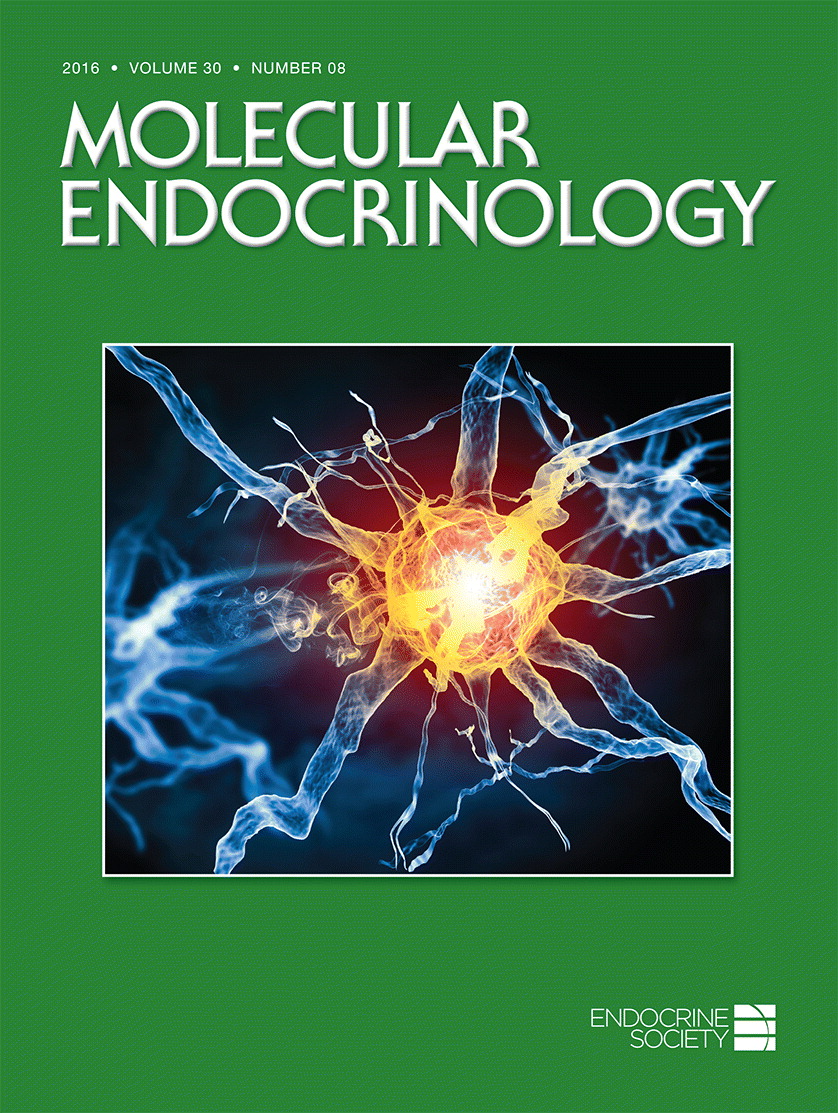 A research fellow at Harvard Medical School whose PhD was revoked last month is no longer working in his former lab, Retraction Watch has learned.
A research fellow at Harvard Medical School whose PhD was revoked last month is no longer working in his former lab, Retraction Watch has learned.
An archived version of the lab site for Alfred Goldberg from December, 2015, lists Sudarsanareddy Lokireddy as a postdoctoral fellow; however, Goldberg’s current lab site doesn’t include Lokireddy as a lab member.
We contacted Goldberg’s lab, and he was unavailable for comment. We were told all of his lab members are on the current website.
Lokireddy has also logged his sixth retraction. But this case isn’t as straightforward as it seems.
The new retraction, in Molecular Endocrinology, was due to data falsifications by an unnamed co-author of Lokireddy, not Lokireddy himself. (We reported the paper would be retracted last month, but are giving the details now because the journal has issued its official notice.)
After Lokireddy was investigated by the Nanyang Technological University (NTU) in Singapore (resulting in the loss of his PhD), a colleague — whose identity remains anonymous — came forward and admitted to falsifying data. That sparked a new investigation, which is still ongoing.
The fallout from these investigations has cast a wide web: As a result of the numerous retractions and corrections, the group’s leader, Ravi Kambadur, was dismissed from his joint employment at the NTU and the Agency for Science, Technology and Research (A*STAR). His wife, Mridula Sharma, who was based at the National University of Singapore (NUS), is also no longer based there. Both are co-authors on the newest retraction, issued on July 31:
In the article entitled “Pid1 Induces Insulin Resistance in Both Human and Mouse Skeletal Muscle During Obesity” by Bonala S, McFarlane C, Ang J, Lim R, Lee M, Chua H, Lokireddy S, Sreekanth P, Leow MKS, Meng KC, Shyong TE, Lee YS, Gluckman PD, Sharma M, and Kambadur R (Mol Endocrinol. 2013;27(9):1518–1535; doi: 10.1210/me.2013-1048). We reported that higher levels of Pid1 induces insulin resistance. After a thorough investigation by the Nanyang Technological University (NTU) in Singapore, data falsifications have been found in some of the in vitro laboratory studies, which invalidate the results reported. Hence, the coauthors wish to retract this publication and offer our sincere apologies to all those investigators who may have been affected and misled by this.
The paper has been cited eight times, according to Thomson Reuters Web of Science.
In December 2015, the investigation into Lokireddy concluded that he was guilty of falsifying data in three papers. The investigation had focused on papers by Lokireddy and Sandhya Sriram, a research fellow at A*STAR, and concluded that Sriram’s actions were “cosmetic alterations” rather than data falsifications. This led to three retractions, two corrections and one withdrawal for the pair.
NTU research integrity officer Tony Mayer told us last month that the falsification also occurred in Lokireddy’s PhD thesis, resulting in its revocation. He added that Sriram was an “innocent party” who had been “misled,” noting that her thesis that contained the affected Western blot images has been corrected.
Meanwhile, the data falsifications by the as of yet unnamed colleague (who Mayer couldn’t identify due to ongoing disciplinary procedures) led to two retractions in the Journal of Biological Chemistry and the present one in Molecular Endocrinology. Mayer told us last month the Molecular Endocrinology paper was going to be retracted, and now the journal has issued the notice.
By our count, Lokireddy has six retractions, and six corrections. Kambadur has seven retractions to his name, and six corrections (one more pending); Sharma’s numbers are exactly the same as Kambadur’s.
Mayer previously confirmed that the inquiries looked into all of the group’s output and all other papers authored by the group are fine.
Hat tip: Kerry Grens
Like Retraction Watch? Consider making a tax-deductible contribution to support our growth. You can also follow us on Twitter, like us on Facebook, add us to your RSS reader, sign up on our homepage for an email every time there’s a new post, or subscribe to our new daily digest. Click here to review our Comments Policy. For a sneak peek at what we’re working on, click here.
A small thing, but “Agency for Science, Research and Technology (A*STAR).” should be
“Agency for Science, Technology and Research.”
Thanks very much! We’ve made the correction in the article.